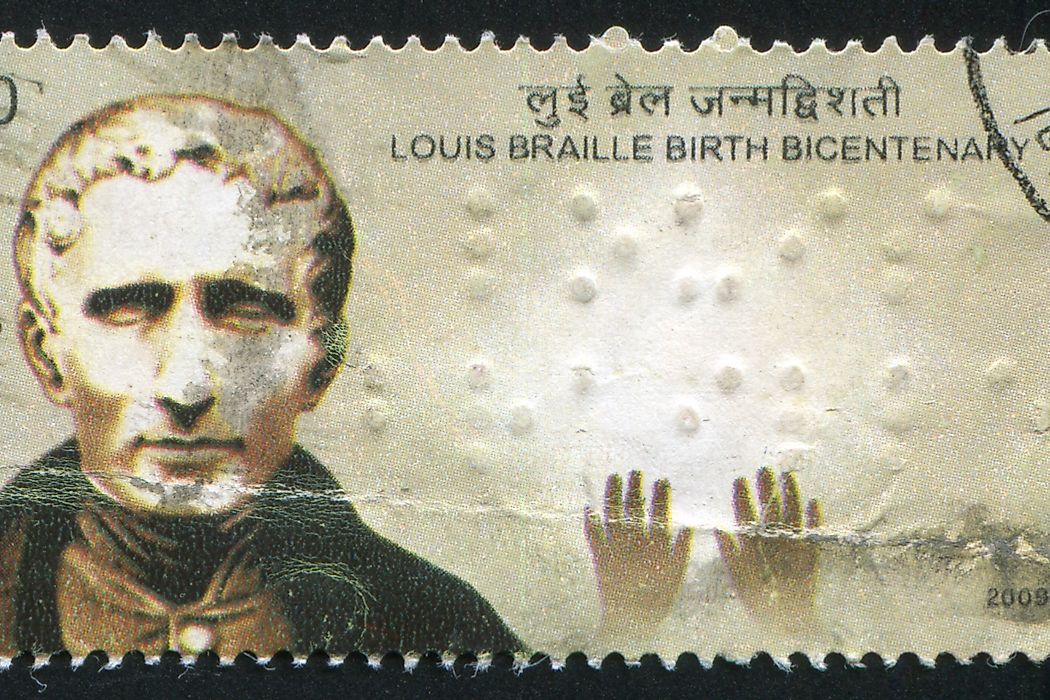Who Was Louis Braille?

Louis Braille was an inventor and educator from France born on January 4, 1809. He is widely known for his invention of Braille named after him, which enables the visually impaired to write and read. The Braille system has remained unchanged from the time of invention to this date. He was blinded by accident in his childhood, and despite his disability he went to school and excelled. He was awarded a scholarship to study at the Royal Institute for the Blind Youth in France. He started to develop his system of ductile code while a student. His system was founded based on the military’s cryptography, which was developed Charles Barbier.
Early Life
He was born in Coupvray, a town roughly 20 miles to the eastern part of Paris, on January 4, 1809. He was the youngest in a family of four children and lived together in the rural countryside with his siblings on their family farm. His father was a highly reputed leatherer and he used to make horse tack. From a young age Braille used to play at the family’s workshop and when he was 3 years he suffered an accident in the workshop which led to the loss of his visual capacity. As he was trying to drive an awl through leather, he was struck by the awl on one of the eyes. Despite the efforts to save his eye, the injury eventually infected the other eye as well. When he was 5 years old he lost sight in both eyes. His parents, however, raised him like an ordinary child and he thrived under their care.
Career
Braille’s creativity and learning agility impressed his teachers as well as priests. This earned him accommodation in higher education. He studied in his hometown until when he was ten years old. He was then taken to Paris to study at the Royal Institute for Blind Youth, which was among the first schools created solely for children who are blind. In the institution, the children learned to read using a system that had been created by the founder of the institution, Valentin Hauy. Hauy dedicated his whole life to help the blind because he was a philanthropist, and he made books which turned into a library. The books were made from embossed heavy paper that had a raised imprint of letters. Creating these books was tedious and costly. The books were also big and heavy for the children. These books significantly helped Braille, but they lacked depth. He was an ardent reader and read the books many times and was attentive to instructions provided in the school. After the studies he was retained as a teaching assistant, and was promoted to full professor in 1833. For much of his time, he remained at the school to teach geometry, history, and algebra. He also had a keen interest for music which made him to excel playing cello and organ, and he played for churches in different parts of France.
Major Contributions
Louis Braille is credited with inventing of the ‘braille’ system. This is a series of six dots which are used to replicate letters of the alphabet as well as numbers. He borrowed his idea from the creation of Charles Barbier, an army captain, although Barbier’s invention had twelve dots and also utilized dashes. In 1824, at the time when Braille was 15 years of age, he had finalized on his creation. He published in 1829 and developed another edition by 1837 where he left out the dashes.
Challenges
His students greatly admired Braille. However, his writing system was never adopted at the institution when he was still alive. Hauy’s successors, who had passed away in 1822, did not show any interest in changing the methods already established in the school. They were not in support of using of Braille, for instance, firing Dr. Alexandre François-René Pignier, the school’s headmaster, for being in possession a Brailed translated book.
Death and Legacy
Braille suffered a continual respiratory disease which pushed him to give up his position of teaching. He had lived with this illness, believed to have been tuberculosis, for about 16 years. His condition deteriorated further and was taken to the Royal Institution’s infirmary where his health did not improve. Braille died in 1852, when he was 43 years old. Even close to two centuries since his death, the braille system has remained mostly unchanged as invented by Louis Braille and is widely used across the world.











